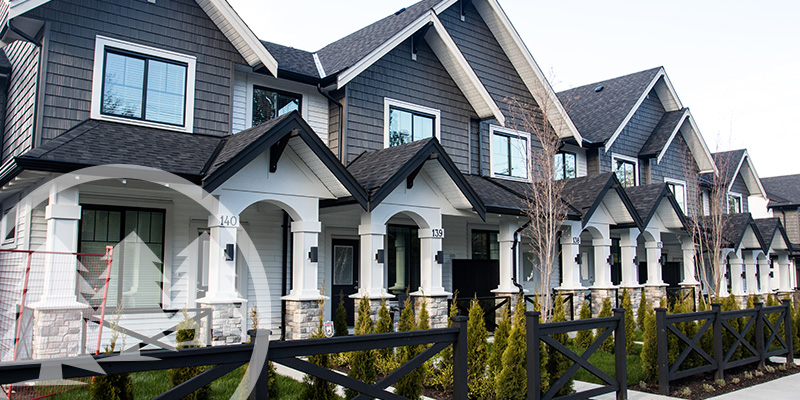Homeowners associations must adhere to applicable federal laws as well as the relevant laws in their state. For those in South Carolina, there are a handful of titles and chapters that apply. These are the different South Carolina HOA laws you must know about.
Get to Know the Different South Carolina HOA Laws
As a member of your HOA board, it is part of your job to learn about the different laws that apply to your association. Neglecting or ignoring these laws can result in serious penalties, and not just the monetary kind. If you want to avoid the risk of liability, it is imperative that you educate yourself on these laws and comply with them.
Most HOA boards already know what federal laws they must uphold. This is because federal laws apply to all associations regardless of where they are located in the United States. State laws, though, can vary wildly. Some states even lack legislation that applies specifically to homeowners associations.
Like many states, South Carolina has its own set of laws that govern the homeowners association. If your HOA is based in Palmetto State, these are the statutes you must keep in mind.
For Homeowners Associations
 The South Carolina Homeowners Association Act covers disclosure requirements as well as establishes a division under the Department of Consumer Affairs dedicated to homeowners and HOAs.
The South Carolina Homeowners Association Act covers disclosure requirements as well as establishes a division under the Department of Consumer Affairs dedicated to homeowners and HOAs.
Unlike similar statutes in other states, the South Carolina HOA Act is not as comprehensive. It only covers a limited number of topics including notice requirements of annual budget increases and the enforceability of an association’s documents.
Found under Title 27, Chapter 30 of the South Carolina Code, the SC Homeowners Association Act consists of two articles.
- Article 1 – South Carolina Homeowners Association Act
- Article 3 – Department of Consumer Affairs Services for Homeowners and Homeowners Associations
For Horizontal Property Regimes
The South Carolina Horizontal Property Act applies to horizontal property regimes that explicitly choose to adhere to the Act. To do so, the HPR must record a declaration or master deed that states their election to be governed by the SC Horizontal Property Act. This Act regulates the creation, operation, management, and authority of horizontal property regimes.
Found under Title 27, Chapter 31 of the South Carolina Code, the SC Horizontal Property Act consists of two articles.
- Article 1 – General Provisions
- Article 2 – Creation, Alteration, And Termination of Condominiums
For Nonprofit Corporations
In South Carolina, a majority of homeowners associations establish themselves as nonprofit corporations. Thus, these HOAs must follow the provisions in the South Carolina Nonprofit Corporation Act. This Act governs the corporate procedure and structure of nonprofit corporations.
Found under Title 33, Chapter 31 of the South Carolina Code, the SC Nonprofit Corporation Act consists of 16 articles, with some articles divided further into sub-articles.
- Article 1 – General Provisions
- Article 2 – Incorporation
- Article 3 – Purposes
- Article 4 – Names
- Article 5 – Office and Agents
- Article 6 – Members and Memberships
- Subarticle A – Admission of Members
- Subarticle B – Types of Memberships – Members’ Rights and Obligations
- Subarticle C – Resignation and Termination
- Subarticle D – Derivative Suits
- Subarticle E – Delegates
- Article 7 – Members Meetings and Voting
- Subarticle A – Meetings and Action Without Meetings
- Subarticle B – Voting
- Subarticle C – Voting Agreements
- Article 8 – Directors and Officers
- Subarticle A – Board of Directors
- Subarticle B – Meetings and Action of the Board
- Subarticle C &


